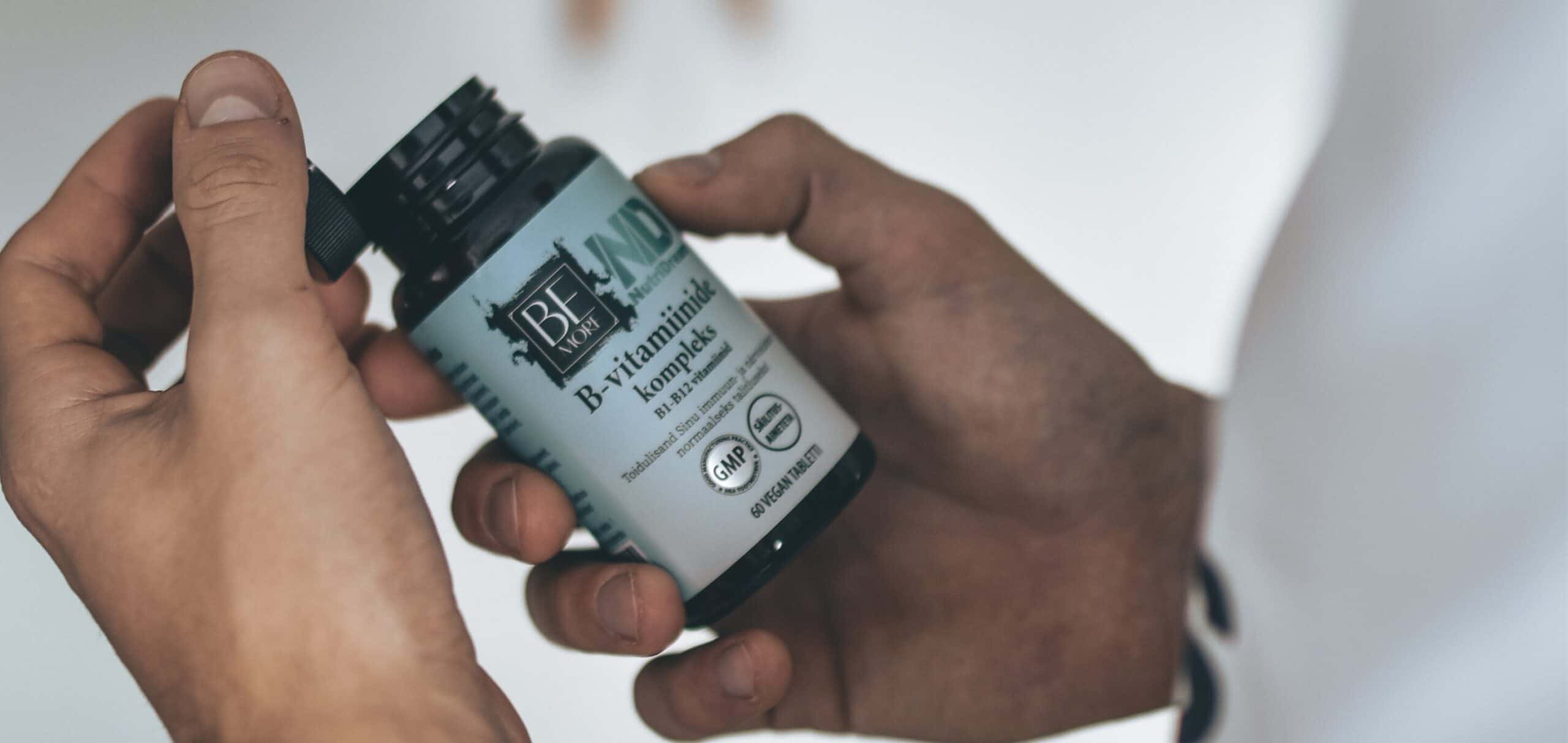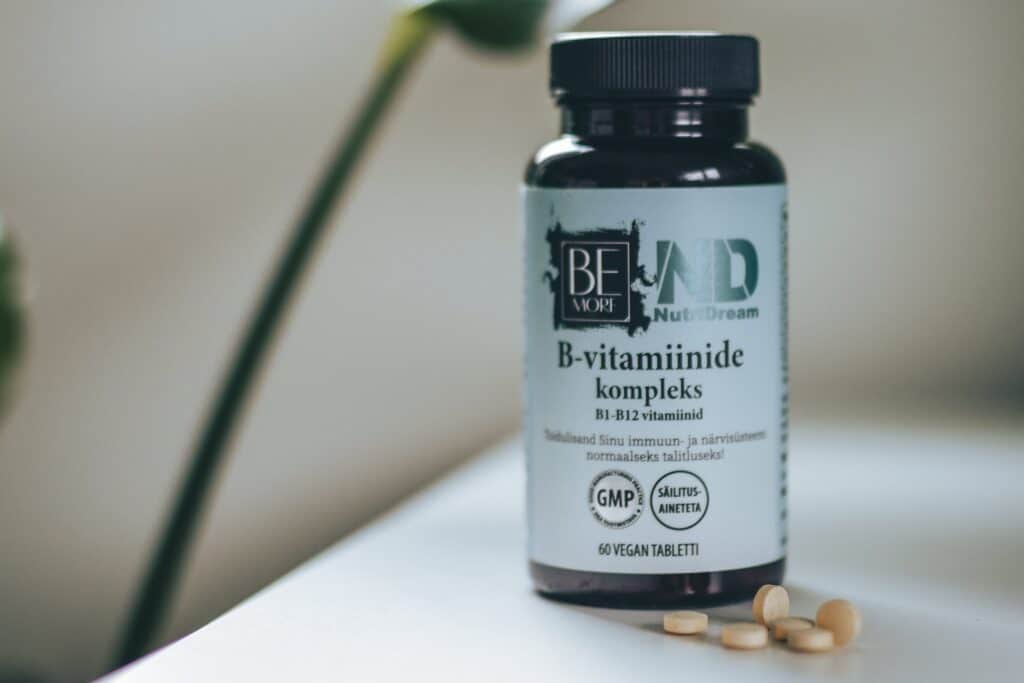Why are B-vitamins important?
10. December, 2020

Lifestyle
Vitamins are essential micronutrients that are needed in very small amounts. Vitamins must be consumed constantly because they do not build up the body’s long-term supply.
Group B vitamins are needed for:
- Normal metabolism of macronutrients.
- Nervous system to function successfully.
- Good digestion.
- Healthy skin, hair, eyes, mouth and liver.
- Hormone production.
- Energy production
Vitamin B deficiency
B vitamins belong to the group of water-soluble vitamins. An overdose of water-soluble vitamins with food is not possible, as the excess is excreted with urine. However, a one-sided diet can lead to vitamin deficiency. The primary signs of vitamin deficiency are fatigue and mood swings, as well as skin damage.
How do eating habits affect vitamin B levels in the body?
The more foods are processed, the greater the loss of vitamins in them. Therefore, vitamin deficiency is relieved by those who prefer processed and fast foods. The consumption of increased sugar and fast absorbable carbohydrates makes bad bacteria to grow in the intestine that is not suitable for B vitamins. The absorption of vitamins is hampered by smoking, excessive coffee drinking, alcohol consumption, some medications and birth control pills.
B vitamins have a better effect when taken as a vitamin complex dietary supplement rather than singular vitamin supplement. If you consume B vitamins separately, accidental unbalanced dose of one vitamin can cause problems with the absorption of others.
 Vitamin B12
Vitamin B12
The sources of vitamin B12 are animal products. Vitamin B12 is also produced to some extent by the body’s microflora,but its uptake in the body is questionable. Spirulina made from algae, contains various forms of vitamin B12, which are unfortunately not active in the body. Deficiency may occur in case of insufficient absorption and in vegetarians. Symptoms may accrue after 5-6 years of malnutrition.
The best sources of vitamin B12 are liver, beef, poultry, eggs, fish, cheese, pork, chicken, milk, curd, yogurt.
Vegetarians who do not consume food of animal origin at all therefore need vitamin B12 as a food supplement. Some plant-based milk replacers (such as soy, oat and rice) may be fortified with vitamin B12 and may therefore be important sources of vitamin B12 in the vegan menu. Clinical symptoms of vitamin B12 deficiency generally do not develop until several years of malnutrition or reduced absorption.